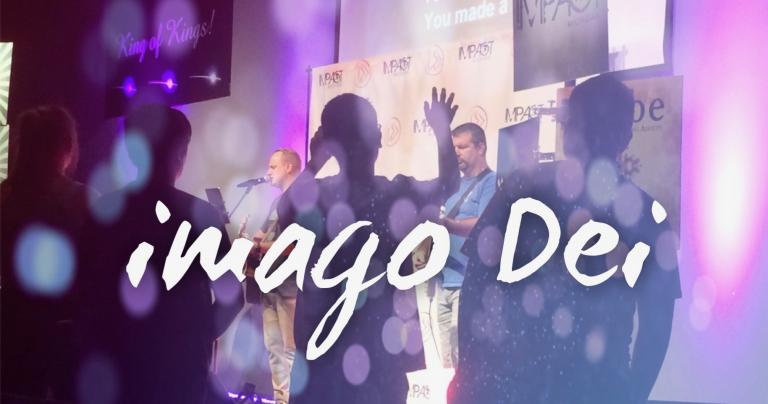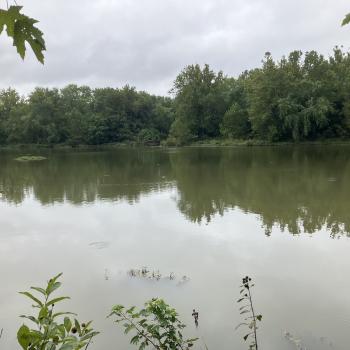The Hebrew Bible as a whole defines the human person in relational rather than essentialist terms. Human beings are assessed as genuinely human and alive only within the family of humans brought into being by Yahweh and in relation to the God who gives life-giving breath.[1]
i. Man and Woman in Marriage
This assertion is firmly planted in the creation narrative, “male and female He created them” (Genesis 1.27). God creates man and woman for relationship. God also designs us as either male or female, and in some way this difference is part of what it means to bear the imago Dei.

Relationship with Others
Is the above verse – later quoted by Christ – the foundation for monogamous marriage between male and female (Matthew 19.4; Mark 10.6)? Do these gender differences reflect various characteristics found in the Trinity? There are plenty of questions, but Scripture repeatedly states that we are created either male or female in the imago Dei.
Furthermore, some churches recognize marriage as one of their seven sacraments. There is something holy about marriage. For instance, non-believers get married and live happily together for a lifetime. Does this not attest to God’s blessing on marriage?
ii. Humankind in Community
We may be able to concede that there is a blessing on marriages, good moral marriages. So what about civilization in general? One could argue that in civilization people are in relationships, and that there is some merit in that, right? After all, we all bear the image of God in some way.
If we bear God’s image (as previously explored), then should we see glimpses of what we are called to be as a community?[2] This is where Theology and a view of persons has no clear answer. When I was completing my first seminary degree in counseling, there were at least 300 psychological theories. There are also many different views of man, based on one’s Theological stream. From total depravity, to original sin, to original guilt, to Pelagianism, to universalism, the historic and present day church has heard countless explanations for the state of the soul and the community.
If we subscribe to an imago Dei view, we can argue that the image is still there among those who have not yet become Christians. They bear the imago Dei, albeit it marred in some way.
Once they become Christians, they mature into a closer representation of the imago Dei as God cleans the slate and they live unto righteousness.
On the other hand, could we just give humankind and civilization a line of credit?
We see the servant in Romans 13.1-7 who is the minister of the state. The Greek word is actually the same word for deacon. Paul is not telling us to be loyal to a constitution, although I’m sure he would like our founding documents. However, he is telling us to be loyal to these governmental deacons. In some way God blesses them to fulfill their vocation.[3]
Civil servants are capable of affecting great change, but they are not the only ones. There is some type of blessing that we all have simply because we are neighbors, we are sojourners together in this world.
“But he, wanting to justify himself, said to Jesus, ‘And who is my neighbor?’” (Luke 10.29).
“Those adept at being the neighbor – and the image of God – are more likely to excel at seeing the neighbor, recognizing the image of God in others and treating them appropriately.”[4] Man is capable of imaging God in many types of relationships with virtually anyone, even a Samaritan.
iii. Renewed Community
So with marriage and with institutions, there are ways that we are participating in something higher than us, a greater good. More so, we are reflecting the image of God, albeit marred. Are there evil marriages, institutions, civilizations, or relationships? Certainly, but I could also make a case for people who seek the good life and who add value their world.
To answer our desire for more, our search for a greater good, God created the church. “When people are renewed ‘in the image of their Creator,’ the result is described in terms of not only renewed individuals but also a renewed community.”[5] I not only mirror God, we do.
Neurobiology shows that humans are not only complex individuals, but connected individuals. God has hard-wired us for relationship.
If the neurobiological systems that shape how we think, feel, believe, and behave are forever being sculpted in the context of our social experiences, then in a profound sense we must speak of personal (trans)formation in relational terms. Our autobiographical selves are formed within a nest of relationships, a community.[6]













